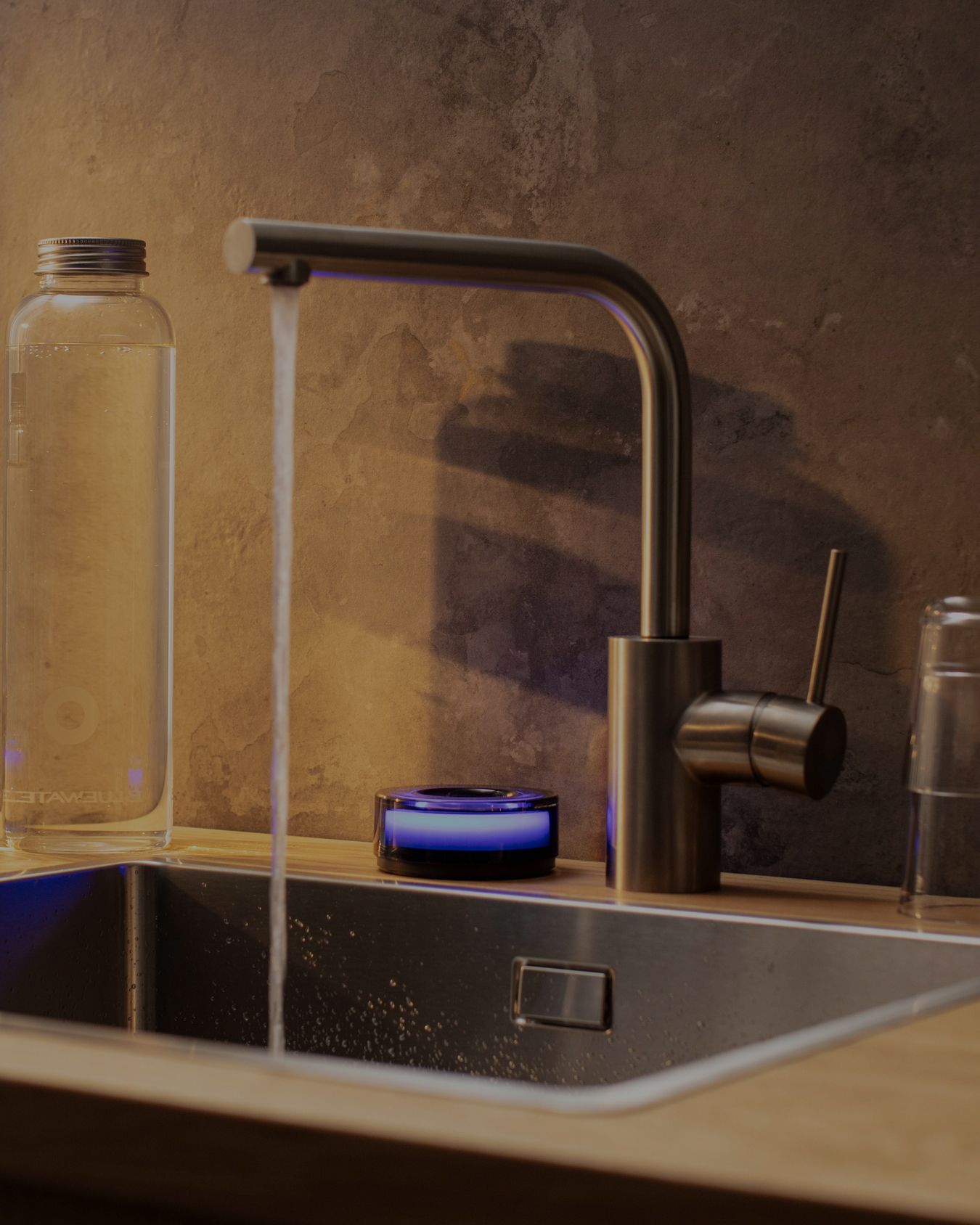What Are The Impacts of Chemicals on Health?
Water is a vital resource, essential for life and various human activities. However, the presence of chemicals in water can pose significant health and environmental risks. This article explores the sources of these chemicals, their effects on health and the environment, and the importance of effective water treatment solutions.

Common Chemicals Found in Water
1. Chlorine
Chlorine is widely used in water treatment plants to disinfect drinking water and eliminate harmful pathogens. However, excessive chlorine can react with organic matter in water, forming disinfection byproducts (DBPs) like trihalomethanes (THMs), which are associated with health risks.
2. Lead
Lead contamination often occurs through corroded pipes and plumbing systems. Even at low levels, lead exposure can cause severe health issues, particularly in children, including developmental delays and neurological damage.
3. PFAS
Per- and polyfluoroalkyl substances (PFAS) are synthetic chemicals used in various industrial and consumer products. Known as "forever chemicals" due to their persistence in the environment, PFAS have been linked to numerous health problems, including cancer and immune system disorders (EPA).
4. Arsenic
Arsenic can enter water supplies through natural deposits or industrial pollution. Long-term exposure to arsenic-contaminated water is associated with skin lesions, cardiovascular diseases, and an increased risk of cancer (WHO).
5. Nitrates
Nitrates are commonly found in fertilizers and can contaminate water sources through agricultural runoff. High levels of nitrates in drinking water can cause serious health conditions.
Health Effects of Contaminated Water
Exposure to contaminated water can lead to a variety of acute and chronic health issues, depending on the type and concentration of chemicals present. Key health impacts include:
- Neurological Damage: Chemicals like lead can cause severe neurological damage, especially in young children.
- Cancer: Prolonged exposure to chemicals such as arsenic and certain DBPs can increase the risk of various cancers.
- Reproductive Issues: PFAS and other endocrine-disrupting chemicals can affect reproductive health and development.
- Gastrointestinal Problems: Contaminants such as nitrates can lead to gastrointestinal disturbances and other health issues.
Environmental Impact
Chemicals in water not only pose health risks but also have detrimental effects on the environment. These include:
- Ecosystem Damage: Contaminants can harm aquatic ecosystems, affecting wildlife and disrupting food chains.
- Soil Degradation: Chemicals like nitrates can leach into the soil, reducing its fertility and impacting agricultural productivity.
- Biodiversity Loss: Persistent pollutants such as PFAS can accumulate in the environment, leading to biodiversity loss and ecological imbalance.
Solutions for Safe Water
1. Advanced Filtration Systems
Modern water filtration systems, such as reverse osmosis and activated carbon filters, are effective in removing a wide range of contaminants, including heavy metals, nitrates, and organic pollutants.
2. Regular Water Testing
Regular testing of water supplies can help detect the presence of harmful chemicals early, allowing for timely intervention and treatment.
3. Public Awareness and Education
Educating the public about the sources and risks of water contamination can encourage proactive measures to ensure safe drinking water.
4. Legislative and Regulatory Actions
Stricter regulations and enforcement of water quality standards are crucial for protecting public health and the environment.
Upgrade Your Water Quality with Bluewater Kitchen Station 1™
To ensure safe and clean drinking water, consider using advanced filtration systems like Kitchen Station 1™. This system incorporates SuperiorOsmosis™ technology, effectively removing up to 99.7% of contaminants, including PFAS, lead, and chlorine, while adding essential minerals back into the water.
Pure and Safe Water at Home
One of the key products in Bluewater's lineup is the Kitchen Station 1™. This system transforms your tap water into a source of pure, mineralized water, free from harmful contaminants.
Features of Kitchen Station 1™
- SuperiorOsmosis™ Technology
Removes up to 99.7% of contaminants. - Mineralization
Adds essential minerals like calcium and magnesium, enhancing the water's taste and health benefits. - Cost-Efficient
Eliminates the need for bottled water, reducing plastic waste and saving money. - Compact Design
Fits under the sink and connects to your existing faucet without additional drilling or modifications.
Why Choose Bluewater Kitchen Station 1™?
Choosing Bluewater Kitchen Station 1™ ensures you have access to safe, purified water at home, protecting you from the health risks associated with PFAS and other contaminants. The system is easy to install, use, and maintain, making it a practical choice for households looking to improve their water quality.
Conclusion
PFAS contamination poses significant health risks, but with the right purification technology, you can safeguard your health. Bluewater's Kitchen Station 1™ offers a reliable solution, providing pure, mineralized water straight from your tap. Say goodbye to harmful contaminants and enjoy peace of mind with Bluewater.
For more information about the Kitchen Station 1™ and other Bluewater products, visit our website or contact us at sales@bluewatergroup.com.


